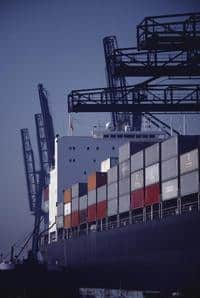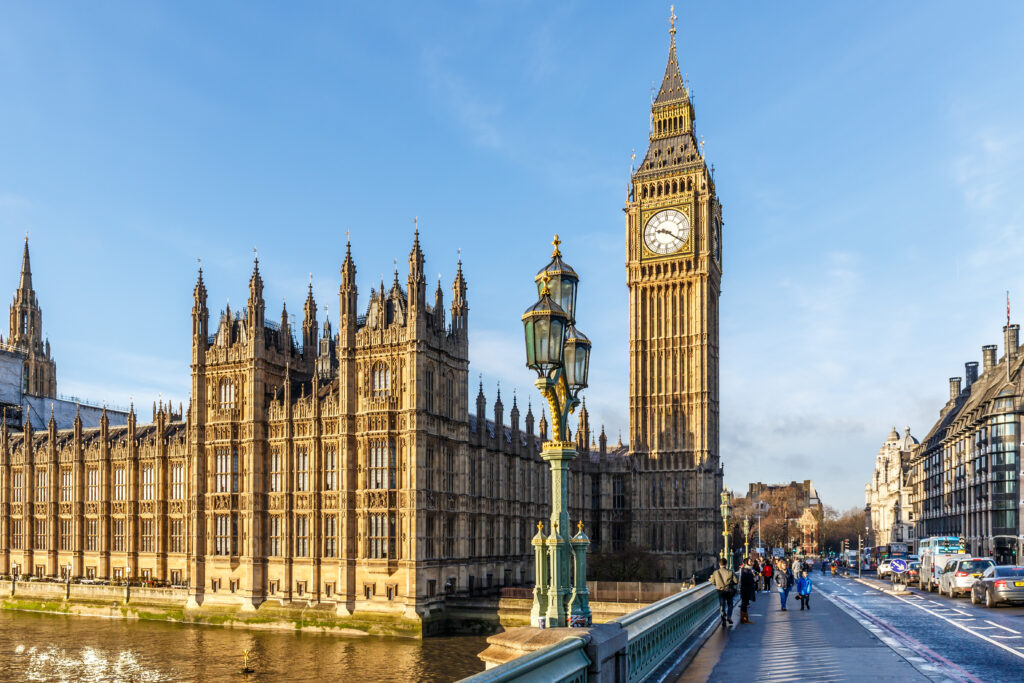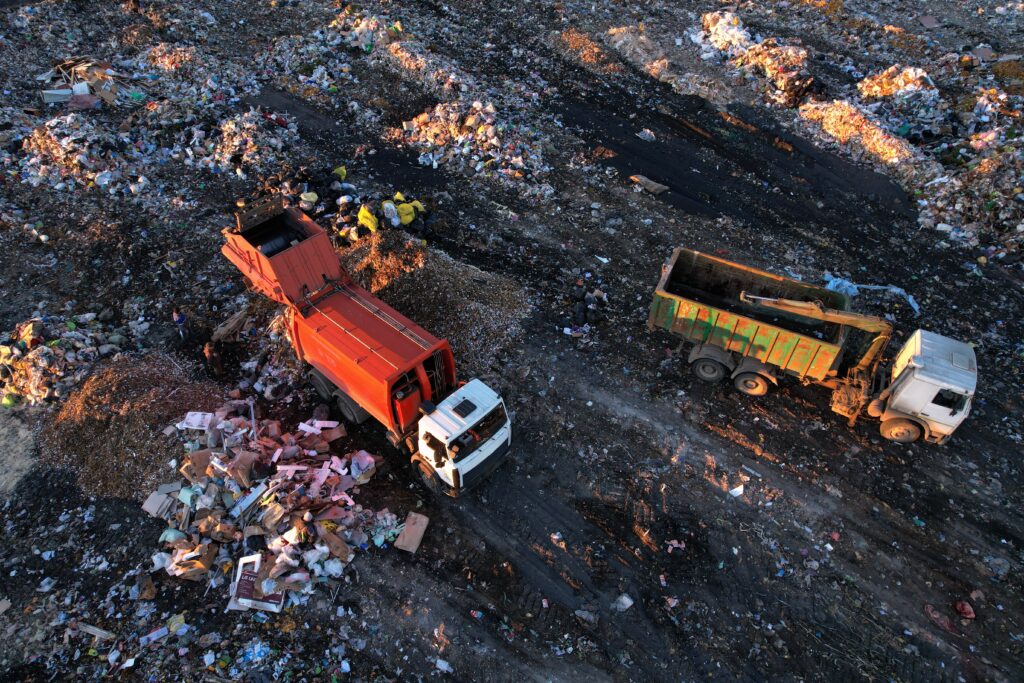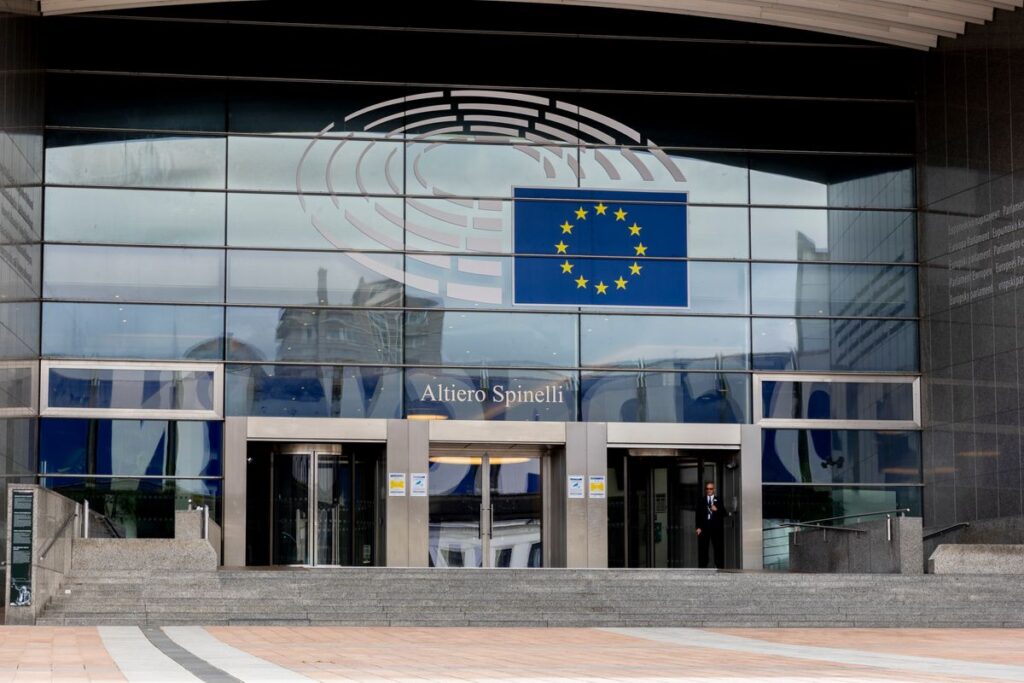Surveyor Indonesia has appointed only Switzerland-based SGS and French-based Bureau Veritas as their international nominated agents who will be authorised to conduct surveys on their behalf.
The agents must be present during the entire loading process including the sealing of the containers. Subsequently, the surveyor will notify Surveyor Indonesia which will issue a certificate to the importer to allow clearance of goods through customs. An inspection fee will be charged to importers for this procedure.
The move comes following concerns over the quality of commingled material which has been shipped to Indonesia (see letsrecycle.com story) and is likely to affect millions of tonnes of material.
Indonesia traditionally imports about three million tonnes of recovered fibre and about four million tonnes of metal scrap each year. These quantities are imported by about 15 to 17 paper mills and about 20 to 22 iron and steel importers. Since October 2008, imports of plastic scrap have also been allowed into Indonesia.
As a result, concerns have been raised about how the regulation will work on the ground – with particular concerns that it could cost importers around $100 (£69) to get certification for each container brought into the country. This is in addition to a trans-shipment surcharge already levied by shipping lines for taking material to Indonesia.
Ranjit Baxi, who runs London-based recovered paper exporter J&H Sales International, and is also president of the Bureau of International Recycling's paper division, said that getting every load inspected would be “daunting”.
He said: “Around 6,000 containers of recovered materials enter Indonesia a week so it is a daunting task to have every container inspected.”
The Indonesian Ministry of Trade originally announced the new regulation on October 31 2008 to take effect for all arrivals as of December 24 2008.
However, after interventions from industry, in particular the local Paper Producers Trade Association and the Iron & Steel Trade Association who requested the Indonesian government to review the regulation, a postponement was obtained until June 24 2009.
According to the BIR, consultations with the Indonesian government are ongoing. One of the proposals made by the trade associations suggests that the Indonesian government can have inspection agencies visiting their sites to inspect that no hazardous waste is being imported.
Mr Baxi said he had been in contact with the Indonesian Paper Producers Trade Association and urged them to convey to their government that the recovered fibre imports are not waste but a raw material. He also intends to travel to Jakarta at the beginning of April to further discuss the matter with the local paper association.
An unofficial translation of the regulation will be available to BIR members on the organisations' website.









Subscribe for free